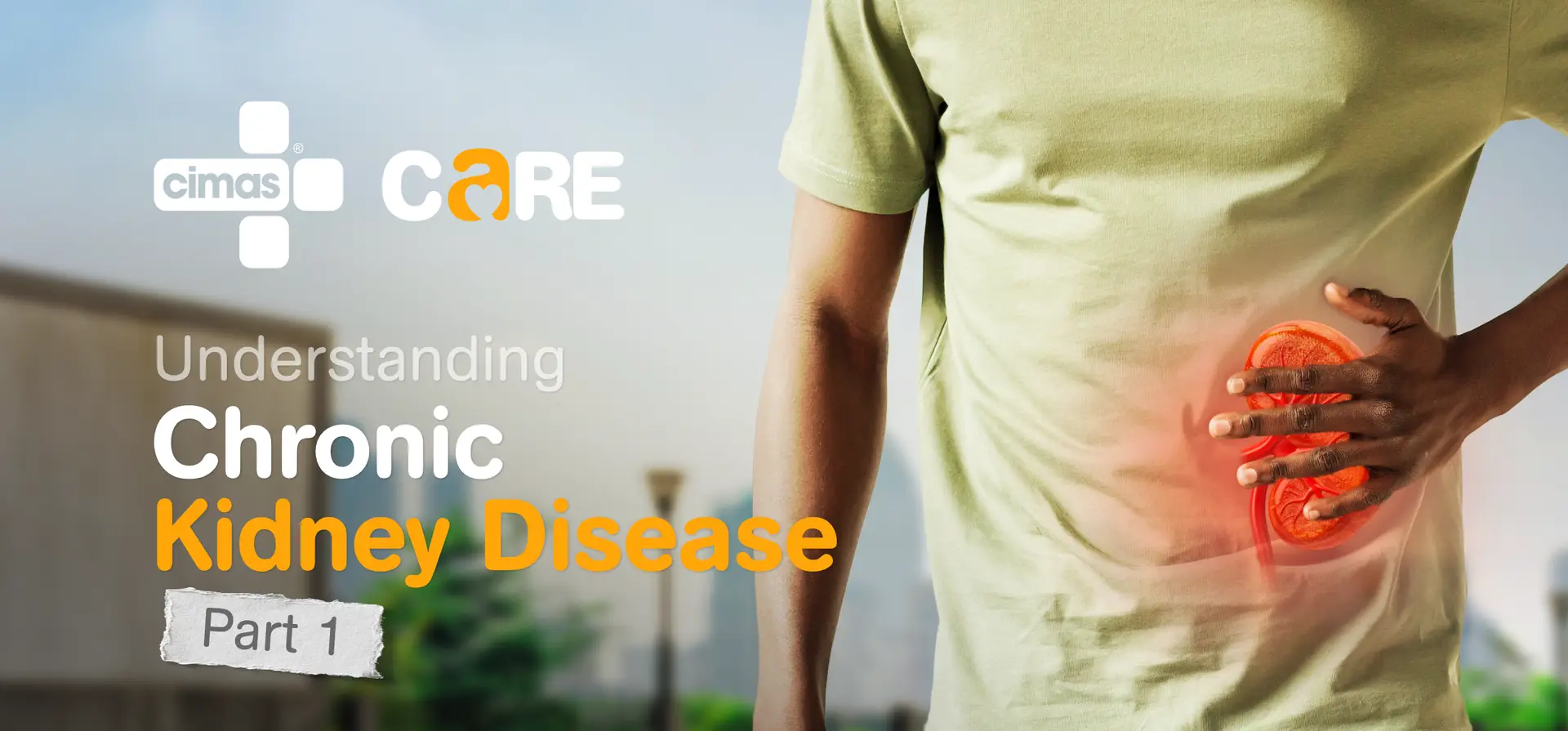
Definition
Chronic Kidney Disease (CKD) is a gradual loss of kidney function over time. The kidneys become damaged and cannot filter blood effectively, leading to the buildup of waste products and excess fluid in the body. CKD can lead to kidney failure if not managed properly, requiring dialysis or a kidney transplant.
Predisposing Factors
Several factors increase the risk of developing CKD, including:
Age: Older adults are more likely to develop CKD, Genetics, High Blood Pressure, Diabetes, Heart Disease, Smoking, Obesity, Certain Medications: Long-term use of drugs like NSAIDs can damage kidneys.
Predisposing Factors
All the mentioned predisposing factors count, as well as
• Glomerulonephritis: Inflammation of the kidneys’ filtering units (glomeruli).
• Polycystic Kidney Disease: Genetic condition leading to cyst formation in the kidneys.
• Prolonged use of medications: Overuse of nonsteroidal anti-inflammatory drugs (NSAIDs), certain antibiotics, and other medications can cause kidney damage.
• Urinary Tract Obstructions: Blockages such as kidney stones can cause da
Symptoms of Chronic Kidney Disease
Early stages of CKD may not present obvious symptoms, but as the disease progresses, the following symptoms may appear:
1. Fatigue or Weakness
2. Swelling (Edema), especially in the ankles, feet, or legs
3. Frequent urination, particularly at night (nocturia)
4. Decreased urine output
5. Shortness of breath
6. Nausea or vomiting
7. Loss of appetite
8. High blood pressure that is difficult to control
9. Itchy skin
10. Darkened skin or pale appearance




